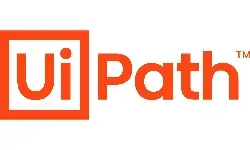19 Related Courses
for Coursera Public Policy Courses
Protecting Public Health in a Changing Climate: A Primer for City Local and Regional Action
This course provides an introduction to the ways climate change affects global population health, and how public health can play a role in climate change mitigation and adaptation. Through interactive lectures, expert interviews and case studies, participants gain practical knowledge to help protect public health in a changing climate, and apply it to a city of their choice.

Political Governance and Public Policy in Russia
This course provides an in-depth exploration of the political structure and public policy of modern Russia. It covers topics such as state institutions, political parties, civil society, policy-making processes, and economic and social policy. Through video material, discussions, forums, and interactive communication with teachers, students gain a comprehensive understanding of Russia's political system and develop their critical analysis skills.
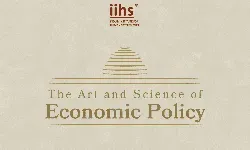
The Art and Science of Economic Policy
This course provides an in-depth exploration of economic policymaking, taught by renowned economists Dr. Vijay Kelkar and Dr. Ajay Shah, along with Aromar Revi, Director of IIHS. Participants will gain an understanding of the relevance and impacts of economic policymaking in everyday life, and the ways for citizens to be involved in shaping economic policy. With over one hundred years of combined experience, this course is an invaluable opportunity to learn from the experts.

Justice and Equity in Technology Policy
Technology policy is increasingly being called upon to ensure justice and equity for all. This includes addressing the social biases embedded in algorithms, ensuring equitable access to research funding, and regulating emerging technologies to protect vulnerable communities.

Innovative Governance of Large Urban Systems
This course provides an in-depth look at the three phases of the urban value chain: planning, governance and regeneration. With lectures from international experts and real-world case studies, participants will gain a comprehensive understanding of the innovative governance of large urban systems.
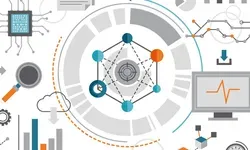
Exploratory Data Analysis for the Public Sector with ggplot
This course provides an introduction to Exploratory Data Analysis (EDA) for the public sector, teaching analytical and technical skills using the R programming language and the ggplot2 library of the tidyverse. Students will learn to explore, visualize, and present data, with a focus on equity and the administrative functions of planning and reporting. Upon completion, students will understand the layered grammar of graphics and its implementation in ggplot2, and be able to develop bar, line, and scatter charts, generate trend lines, and understand histograms, kernel density estimations, violin plots, and ridgeplots.

Public Policy Challenges of the 21st Century
This course provides an in-depth exploration of the political significance and societal consequences of the policy challenges facing the U.S. and international governments in the 21st century. It is designed to equip participants with the skills to analyze policy proposals and advocate for their preferred options. The course covers both the historical context of policy adoption and implementation, as well as future policy challenges. Supplemental materials are provided for further study.
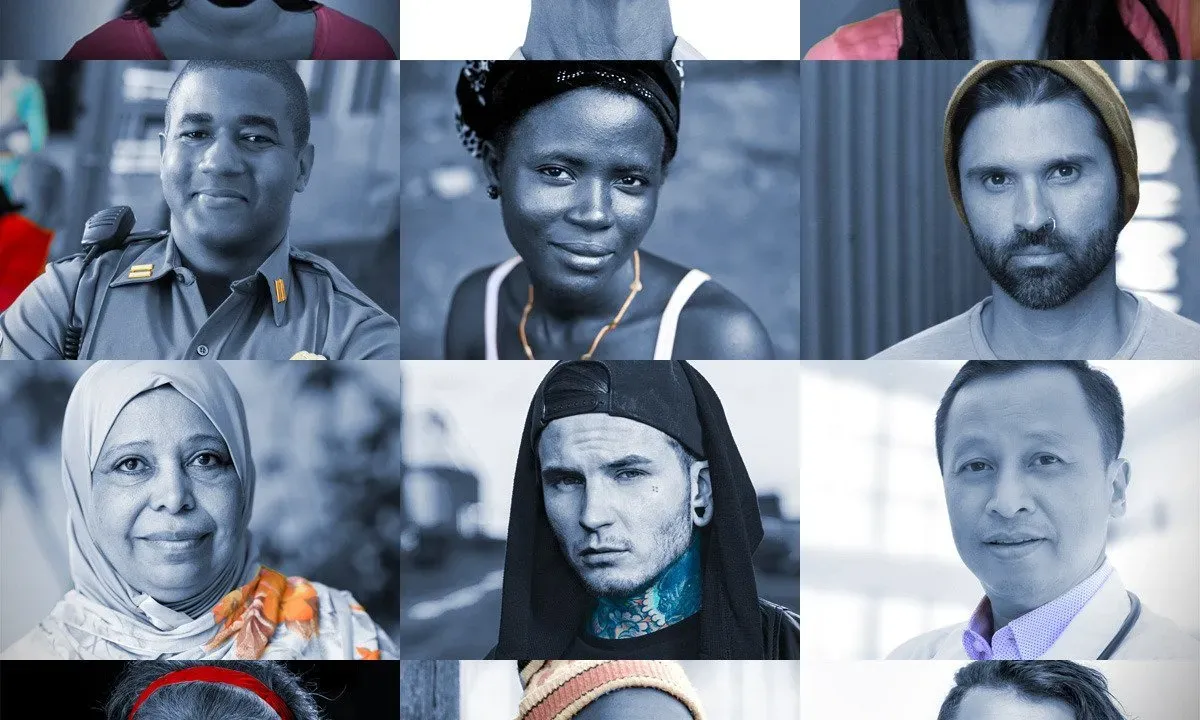
Drugs drug use drug policy and health
This MOOC provides a comprehensive overview of drugs, drug use, and drug policy from a multidisciplinary, health and human rights-based perspective. Participants will explore the benefits and harms of taking drugs, as well as how public health policies can address drug use.

An Introduction to the US Food System: Perspectives from Public Health
Learn the basics of An Introduction to the U.S. Food System: Perspectives from Public Health

Healthcare Marketplace
This course in the Healthcare Marketplace specialization provides students with the opportunity to gain an understanding of the major components of the health care sector. Through reading and reflection, students will develop the skills to identify, define, and describe potential business and public policy solutions to the challenges of meeting society's growing demand for health services.

Act on Climate: Steps to Individual Community and Political Action
This course provides an overview of the steps individuals, communities, and politicians can take to address climate change. Learn how to make a difference and take action today.

Assisting Public Sector Decision Makers With Policy Analysis
This course provides public sector decision-makers with the skills to analyze and assess policies and programs through data analysis techniques, intermediate technical skills, and statistical testing. Participants will learn to apply core public sector principles of efficiency, effectiveness, and equity to real-world datasets using the R programming language.
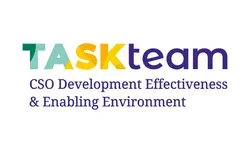
Participacion eficaz de la sociedad civil en el desarrollo
Las organizaciones de la sociedad civil (OSC) son actores clave del desarrollo y tienen aportes valiosos que ofrecer. Desempeñan diversas funciones —por ejemplo, en materia de asistencia humanitaria, prestación de servicios, investigación, formulación de políticas, así como asegurar la rendición de cuentas de parte de gobiernos y otros grupos involucrados— todo lo cual puede contribuir significativamente a alcanzar los Objetivos del Desarrollo Sostenible (ODS). Se espera que las OSC desempeñen un papel esencial en la implementación y la supervisión de los ODS. Por consiguiente, es urgente que las OSC tengan una participación eficaz y significativa en los procesos de desarrollo. ¿Qué hace falta, entonces, para que las OSC puedan llevarlo a cabo? La presente Guía interactiva en línea ofrece algunas respuestas a esta pregunta.
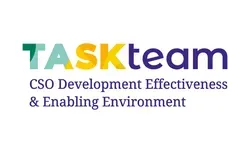
L'engagement efficace de la societe civile dans le developpement
Les organisations de la société civile (OSC) sont des acteurs clés du développement qui ont des contributions précieuses à apporter. Elles jouent une multitude de rôles – notamment en lien avec l’aide humanitaire, la prestation de services, la recherche et l’élaboration de politiques, et avec la responsabilisation des gouvernements et des autres parties prenantes – tous domaines dans lesquels elles peuvent avoir une contribution significative à la réalisation des objectifs de développement durable (ODD). On attend des OSC qu’elles jouent un rôle essentiel dans la mise en œuvre des ODD et dans le suivi de leurs progrès. Il est donc urgent que les OSC s’engagent de manière significative et efficace dans les processus de développement. Mais quelles sont les conditions requises pour que les OSC soient en mesure de le faire ? Ce Guide interactif en ligne propose quelques réponses à cette question.

Ciudades en crisis y nuevas politicas urbanas
Las ciudades se han convertido en un foco de interés preferente para el análisis de políticas públicas. Con una concentración de personas cada vez mayor viviendo en contextos urbanos, las ciudades son hoy el escenario de un apasionante cambio de época que afecta la esfera social, política, económica y tecnológica ¿A qué nos referimos cuando hablamos de políticas urbanas y qué las distingue de otros ámbitos de las políticas públicas? ¿Cuáles son los principales factores de vulnerabilidad urbana y qué respuestas se están articulando en forma de políticas urbanas? ¿Cómo surge la innovación en la ciudad, tanto desde la base como desde las administraciones públicas? Y, finalmente, ¿qué efectos ha tenido la irrupción de la era digital en la ciudad?
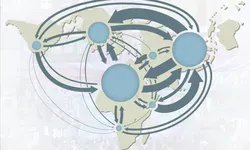
Espace mondial une vision francaise des global studies
Afin d’expliquer comment la mondialisation reconstruit les politiques publiques et les comportements sociaux nous étudions les échanges et interactions entre les acteurs politiques, économiques et sociaux -publics et privés, individuels et collectifs- et la façon dont ils redessinent les relations internationales. Ce cours prend sa source dans les approches sociologique et historique françaises des relations internationales.

Securing Digital Democracy
Get a comprehensive overview of Securing Digital Democracy
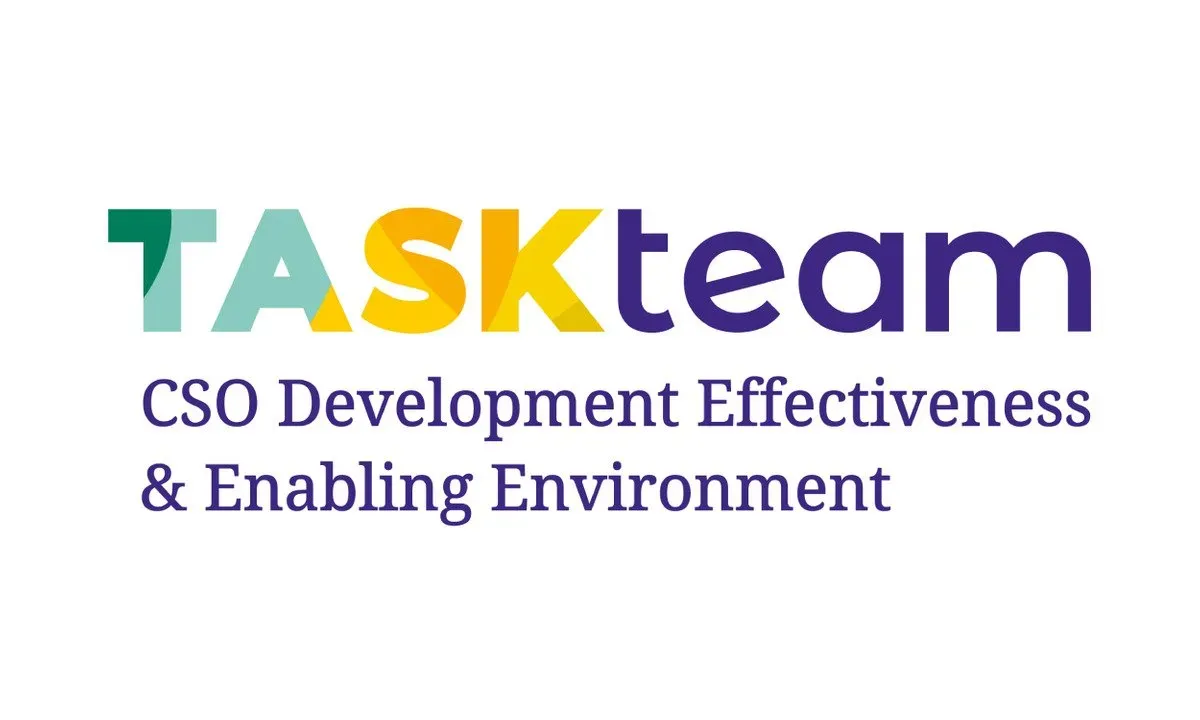
Effective Engagement of Civil Society in Development
This Online Interactive Guidance provides an overview of the international commitments to multi-stakeholder collaboration in development, and offers practical advice on how Civil Society Organizations (CSOs) can effectively engage in development processes. It also highlights the potential benefits of CSOs' involvement, with good practice examples from countries around the world.

Gobierno digital
En este curso aprenderás qué es el gobierno digital, por qué es importante y cómo se puede promover. A través de los distintos contenidos podrás analizar cómo la transformación digital de gobierno afecta a los ciudadanos en su día a día y podrás entender algunos de los aspectos más importantes del gobierno digital como lo son la identidad y firma digital, datos, interoperabilidad, servicios digitales y ciberseguridad.


